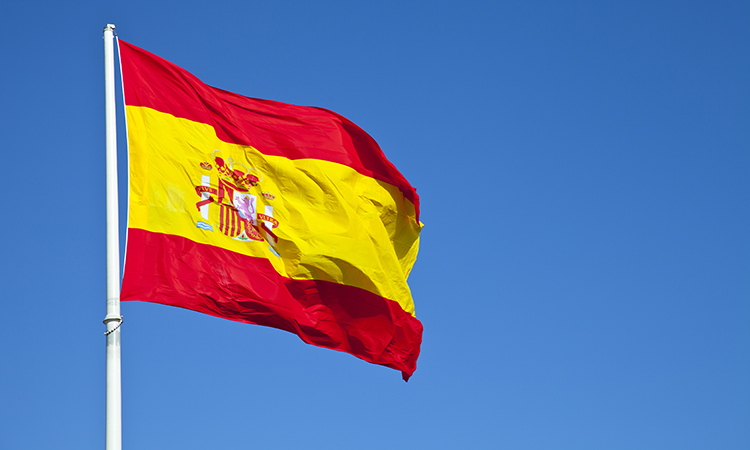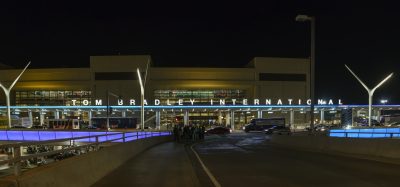IATA calls on AENA to reconsider increase in user charges
Posted: 10 May 2021 | International Airport Review | No comments yet
Following proposals to increase its user charges by 5.5 per cent, AENA has been warned by IATA to reconsider in order to prevent impacting Spain’s COVID-19 recovery.


The International Air Transport Association (IATA) has warned that proposals by AENA to increase user charges at the 46 airports that it operates across Spain could damage Spain’s economic and employment recovery from COVID-19.
The proposals presented to the Directorate General for Civil Aviation (DGAC) for approval include a request to increase charges by 5.5 per cent over five years. The proposals would also open the door for AENA to recover its lost revenues due to the COVID-19 crisis, for services which were never operated or which airlines couldn’t access.
“The whole aviation industry is in crisis. Everybody needs to reduce costs and improve efficiency to repair the financial damage of COVID-19. Having analysed AENA’s situation, airlines believe that AENA could reduce its charges by four per cent. So, proposing to pass the burden of financial recovery on to customers with a 5.5 per cent increase is nothing short of irresponsible. The DGAC should immediately reject the request and instruct AENA to work with airlines on a mutually agreed recovery plan,” said Willie Walsh, IATA’s Director General.
Pre-pandemic, AENA declared €2.59 billion of dividends over the 2017 to 2019 period, and it has several options to cover its losses. “AENA can easily finance short-term losses without increasing costs to its customers. It has an excellent credit rating to access financing. Its shareholders have been well-rewarded and must now share some of the pain and, like the rest of the industry, it must look at operational efficiencies to lower costs, which are by no measure the cheapest in Europe,” said Walsh.
A healthy air transport sector, with all parties focused on reducing costs, will be critical in recovering from the devastating impact that COVID-19 has had on the tourism and transport sector:
- Passenger demand plummeted by 76 per cent in 2020 and is not expected to fully recover until 2024
- The number of destinations with direct links to Spain fell from 1,800 (2019) to 234 (2020)
- More than 1.1 million Spanish jobs have been lost or put at risk and over €60 billion of Gross Domestic Product (GDP) has been lost
- The contribution of travel and tourism to Spain’s economy fell from 12 per cent to four per cent.
“An early recovery in travel and tourism is vital for Spain’s economic success. But higher costs will delay a tourism rebound and keep jobs at risk. AENA should keep in mind the long-term interests of both its shareholders and the country, and both are better served with cost-efficient airport infrastructure. The Spanish government is actively looking to open borders and restart air travel. AENA needs to contribute to that effort, not erect a short-sighted and self-interested roadblock,” said Walsh.
Join our free webinar: Transforming Airport Security – Innovation, Impact, and the Passenger Experience
The landscape of airport security is undergoing a profound transformation, driven by evolving threats, technology, and passenger expectations. This webinar focuses on how AtkinsRéalis has been transforming security processes at some of the world’s busiest airports with smarter, more adaptive solutions.
Date: 4 Nov | Time: 14:00 GMT
REGISTER NOW TO SECURE YOUR SPOT
Can’t attend live? No worries – register to receive the recording post-event.
Related topics
Aeronautical revenue, Airport crisis management, COVID-19, Passenger experience and seamless travel, Tourism
Related organisations
AENA, French Civil Aviation Authority (DGAC), International Air Transport Association (IATA)


















